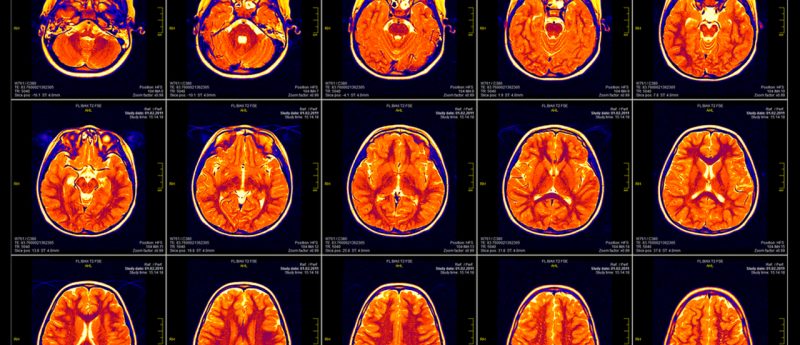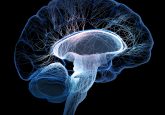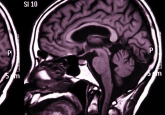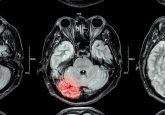Novel cognitive flexibility model may give insight into autism spectrum disorder

University of Miami College of Arts and Sciences (FL, USA) researchers have recently clarified concepts surrounding cognitive flexibility, the ability to adapt thoughts and behavior to a changing environment, in a paper published in Trends in Neuroscience. The team propose a new model of the underlying neural mechanisms of cognitive flexibility, which may be instrumental in understanding a range of neurological and behavioral disorders. Cognitive flexibility allows us to change between tasks and respond effectively to new ones and is therefore an important, if not essential, life skill. “Our goal was to summarize and provide directions for future research on...





